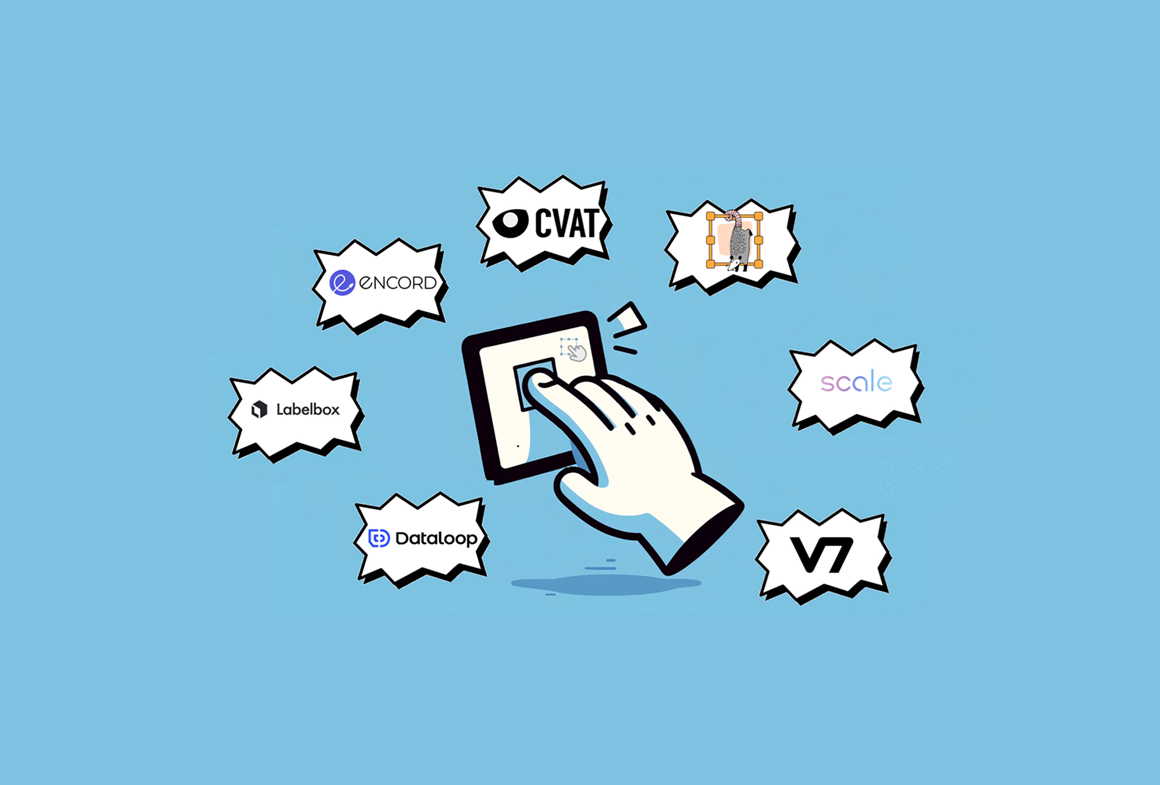DataPrepOps: the future of data preparation for AI?

💡 DataPrepOps: an innovative approach to automating and optimizing the data preparation process
When it comes to artificial intelligence (AI) and its applications, it's easy to get excited about the latest advances in machine learning models. Sophisticated algorithms and neural architectures often generate interest, to the point of being perceived as the sole pillars of AI product development. However, in what seems to be the innovation race of this decade, it's sometimes easy to overlook one essential element: data. This is where the concept of DataPrepOps comes in, a recent discipline that is revolutionizing the way we approach data preparation in the world of data-driven AI development.
Data preparation is a necessary step in any data collection, analysis or machine learning project. Raw data can be disorganized, incomplete and sometimes even incorrect, making it essential to clean and prepare it correctly to obtain accurate results. This is where DataPrepOps comes in.
The importance of quality data in AI annotation processes
In a data-driven AI approach, data preparation is the very foundation of any successful AI application. Poor-quality data can lead to biases, inconsistencies and unreliable results. Data quality influences the choice of Machine Learning algorithm, model performance and the success of prior tasks such as 🔗 classificationregression or clustering.
Increasingly voluminous and complex data
As data continues to grow in volume and complexity, the challenges of data preparation become more complex. Data can be imperfect, sometimes incomplete or irrelevant. This raises questions about what constitutes a quality dataset, and how this quality can vary according to the desired application.
Data annotation: an essential part of the AI development process
An essential aspect of data preparation is data annotation, also known as data labeling. Annotation involves tagging, marking or labeling data with relevant information (labels) for machine learning. For example, in the field of computer vision, annotation may involve delimiting objects in an image or assigning categories to features.
Data annotation is essential for training supervised machine learning models. However, it can be a laborious and extremely time-consuming task. To optimize the execution of this process, DataPrepOps integrates data labeling activities, enabling models to learn from high-quality data.
What is DataPrepOps?
DataPrepOps, a contraction of"Data Preparation Operations", is an approach that aims to automate and optimize the data preparation process. It combines data science, data management and software development techniques to create an efficient, reproducible workflow for large-scale data preparation.
DataPrepOps is based on several fundamental principles:
1. Automation
Automation is at the heart of DataPrepOps. Data collection, cleansing, transformation and validation tasks are automated using tools and scripts, reducing potential human error and speeding up the data preparation process.
2. Collaboration
DataPrepOps encourages collaboration between teams of Data Scientists, Data Engineers, Developers and Functional Specialists. It fosters transparent communication and knowledge exchange to improve the quality of data prepared upstream of model development, or after one or more iterations.
3. Versioning
As in software development, versioning of data transformation activities is essential in DataPrepOps. It makes it possible to monitor the evolution of data, to go back in time in the event of error, and to guarantee the reproducibility of results.
4. Monitoring and maintenance
Monitoring data preparation pipelines is an important component of DataPrepOps. Alerts are set up to detect errors or deviations from standards, enabling rapid intervention in the event of a problem.
5. Scalability
DataPrepOps is designed to be scalable, which means it can be used to prepare increasing volumes of data without compromising quality. It adapts easily to an organization's changing needs.
What are the advantages of DataPrepOps?
Adopting DataPrepOps has many benefits for companies and their teams of Data Scientists / AI Specialists:
1. Saves time
Automating data preparation tasks saves considerable time, enabling teams to concentrate on more creative and analytical tasks.
2. Improving data quality
By following strict standards and implementing automated quality controls, DataPrepOps helps to improve the quality of prepared data.
3. Error reduction
Automation and review cycles involving Data Scientists and Data Labelers, for example, reduce the risk of human error, guaranteeing more reliable and accurate results.
4. Quick troubleshooting
Versioning and monitoring make it easier to pinpoint the causes of any problems, enabling rapid resolution of any quality issues on a specific dataset.
5. Team alignment
DataPrepOps encourages collaboration between teams, improving communication and goal alignment. One of the strengths of DataPrepOps is its ability to automate and standardize the data collection and preparation process, which is often a bottleneck for AI development projects. Well-defined data preparation pipelines and specialized tools enable teams of data scientists to iterate rapidly and continuously improve data quality.
DataPrepOps and Data Curation: what's the difference?
Data Curation, in AI, is primarily concerned with the structured management and long-term preservation of voluminous data. Its main objective is to ensure that data remains organized, well-documented and accessible over a long period, which is essential for reusing this data and capitalizing on it to develop future models or products from the same datasets (and in particular datasets that have proved their worth!).
It's a continuous process that takes place throughout the entire data lifecycle. It involves version management, documentation, standardization and other activities aimed at maintaining data quality and relevance, independently of a specific project or model development.
Data Curation in AI is particularly important for use cases that require careful long-term data management, where preserving data integrity is fundamental.
DataPrepOps is an iterative process that usually takes place during machine learning development cycles. It involves activities such as data cleaning, imputation of missing data, data annotation, data transformation and so on. It focuses more on the AI development process than on the data and its life cycle.
How do you set up DataPrepOps?
To implement DataPrepOps in your organization, here are a few steps to follow:
1. Needs assessment
Understand your organization's specific data preparation needs and identify the areas where automation could bring the most value.
2. Tool selection
Choose the tools and platforms best suited to your needs. There are many data preparation solutions available, some specifically designed for DataPrepOps.
3. Team training
Make sure your team is trained in DataPrepOps best practices and the tools you've chosen.
4. Pipeline creation
Develop automated data preparation pipelines using scripts and workflows.
5. Setting up monitoring activities
Set up monitoring systems to detect problems and deviations.
6. Continuous optimization
Constantly improve your data preparation pipelines in line with feedback and your organization's changing needs.
In conclusion...
DataPrepOps is an innovative approach that considerably simplifies and improves the data preparation process. By automating repetitive tasks and promoting collaboration, it enables teams of Data Scientists, Machine Learning Engineers, Data Engineers and Data Labelers to devote more time to analysis and achieving meaningful results. If you're looking to improve the efficiency of your data preparation process, DataPrepOps could be the solution you've been waiting for!





